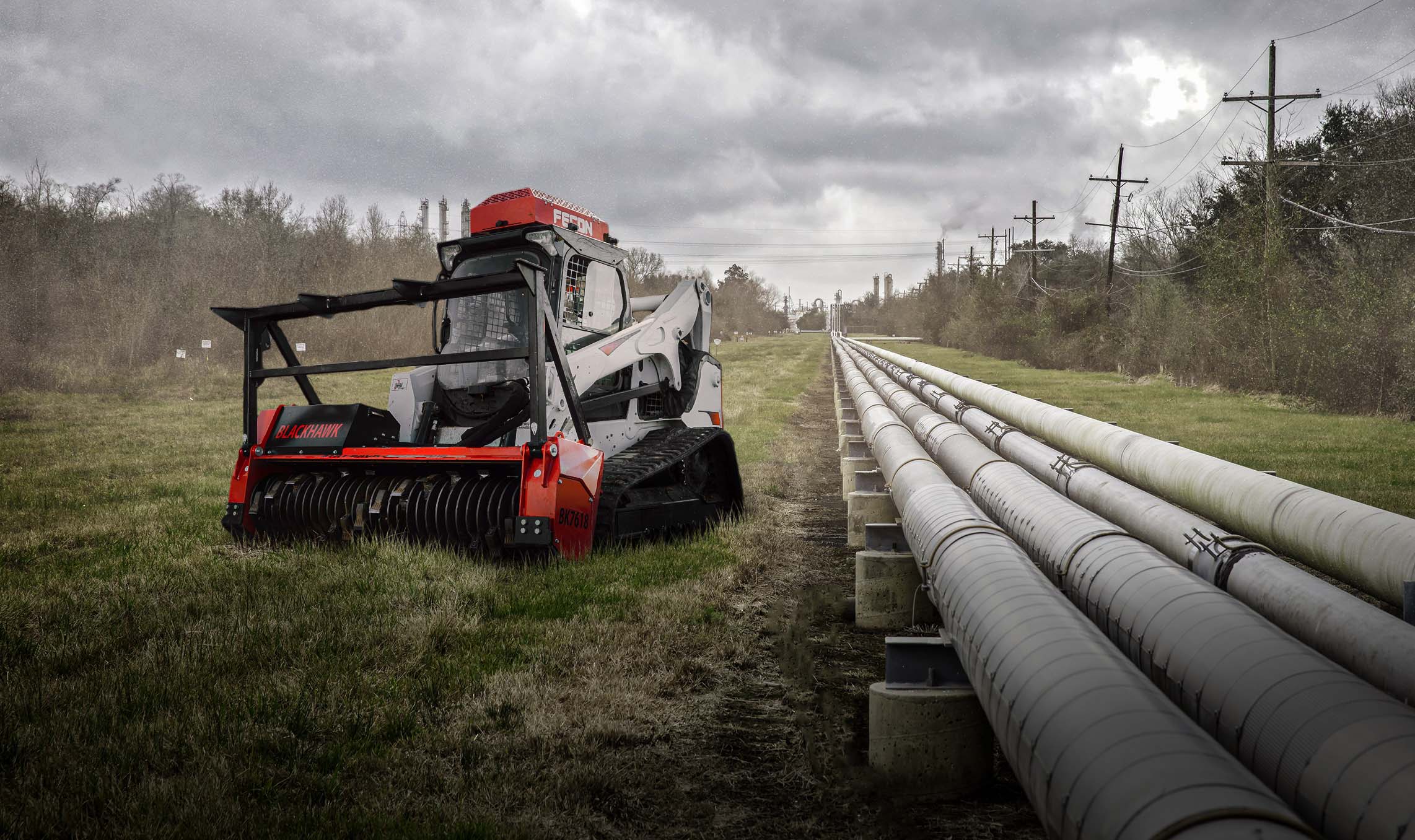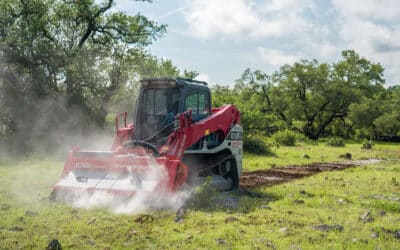Hydraulic Oil Coolers: Essential Maintenance for Equipment Performance
Your equipment keeps the show running smoothly, but what happens when a part breaks or an attachment proves faulty? Efficiency, finances, and safety can all be compromised. One key component often overlooked is the hydraulic oil cooler, which prevents overheating. In this blog, we’ll dive into why hydraulic oil coolers matter, how the heat can mess with your machinery, some must-do maintenance tips, and the perks of proper upkeep. Let’s get your gear ready!
The Importance of Hydraulic Oil Coolers
What exactly is a hydraulic oil cooler? The name speaks for itself. It’s a device that cools hydraulic fluid, which often reaches extremely hot temperatures. Hydraulic oil coolers work to dissipate heat and regulate optimal conditions to ensure your system runs smoothly. Why is this important? When hydraulic systems overheat, you could experience slower response times and decreased power output. Plus, overheating can also cause increased wear and tear on components. That’s why regular maintenance is essential—it will prevent these problems and keep your equipment in top shape.
How Heat Affects Equipment Performance
When you combine the already hot hydraulic fluid with extreme temperatures, your machinery will experience increased thermal stress. Some common issues to look for in months of sweltering weather include:
- Increased Overheating: High temperatures can cause hydraulic fluid to overheat more quickly, forcing component failure.
- Thermal Stress: The constant exposure to high temperatures can weaken seals, hoses, and other components. The result? Leaks and decreased system performance.
- Reduced Efficiency: Overheating can cause hydraulic fluid to become less dense, which reduces its ability to transfer power efficiently and leads to sluggish performance.
Certain types of equipment, including tractors, excavators, and other heavy machinery used in agriculture and construction, are particularly vulnerable to heat. A proper hydraulic oil cooler is essential to your machine’s efficiency.
Essential Maintenance Tips for Hydraulic Oil Coolers
Not sure how to maintain your hydraulic cooler? Here are some tips and tricks to help prevent overheating.
- Check and Clean the Cooler: Regularly inspect the hydraulic oil cooler for any signs of dirt, debris, or damage. Clean the cooler fins with compressed air or a soft brush to guarantee proper airflow and heat dissipation.
- Inspect Hydraulic Fluid: Check the hydraulic fluid level and condition regularly. Look for signs of contamination or thermal degradation, such as a burnt smell or discoloration—a clear indicator that you should replace the fluid.
- Monitor Temperature: To prevent overheating, use a gauge to monitor the hydraulic system’s operating temperature (hint: it should always be within the manufacturer’s recommended range).
- Check Hoses and Connections: Inspect hoses and connections for any signs of wear, leaks, or damage. If you spot any of these, replace the compromised components to maintain your system’s integrity.
- Regular Maintenance Schedule: Regular maintenance is the best way to identify potential issues before they become major problems. Establish a regular maintenance schedule that includes routine inspections, cleaning, and fluid replacement, and you should be all set.
Benefits of Proper Hydraulic Oil Cooler Maintenance
We can’t overstate the benefits of scheduling regular maintenance for your hydraulic oil coolers.
Extended Equipment Lifespan: Machinery is a big investment, and you want it to last as long as possible. Keeping the hydraulic system cool and clean will save you from significant wear and tear and extend the lifespan of your equipment.
- Improved Efficiency and Performance: Well-maintained hydraulic systems operate more efficiently, delivering consistent power and performance, even in hot conditions.
- Cost Savings: Remember how we mentioned investments? Don’t spend any more money than you need to on your equipment. Preventative maintenance will save you from major repairs and keep your productivity at an all-time high.
- Enhanced Safety: Don’t play roulette with your machinery. Avoid accidents and injuries caused by system failures when you prioritize periodic hydraulic oil cooler inspections.
Avoid the pitfalls of overheating—take the necessary steps to guarantee the optimal performance of your hydraulic oil coolers.
Maintain Your Hydraulic Oil Coolers with Fecon
Hydraulic oil coolers are a must for keeping your machines running smoothly. If you know why these components matter, understand how heat can exacerbate issues, and stay on top of regular maintenance, your gear will remain in great shape.
At Fecon, we sell and install hydraulic coolers with a cooling capacity of up to 120,000 BTU/hour. Have questions or need help? Reach out — we pride ourselves on offering high-value products and superior service.


